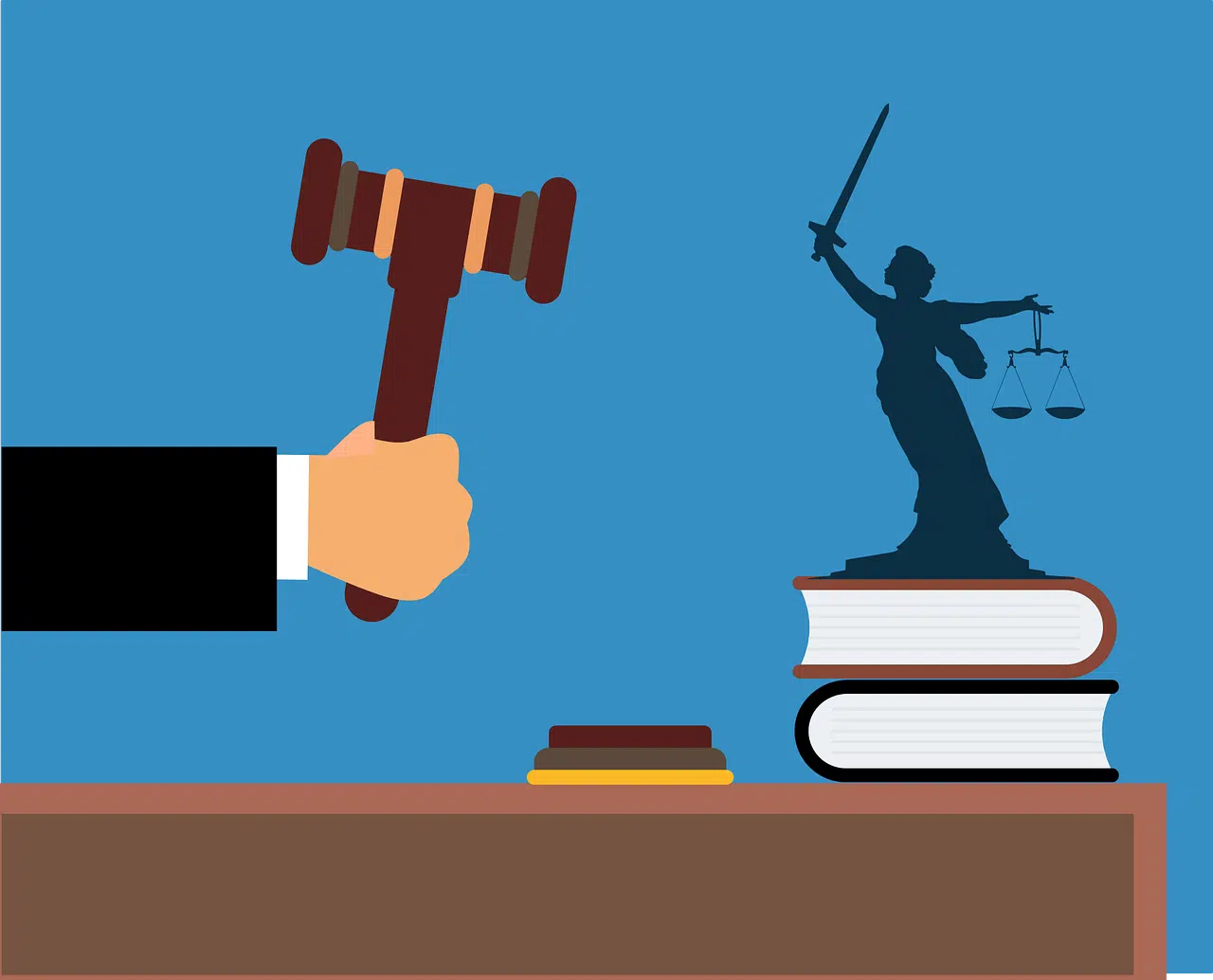
When a legal responsibility is breached, an authority imposes a sanction.
Responsibility is the moral commitment or obligation that arises from the possible mistake made by an individual in a specific matter. According to the dictionary of the Royal Spanish Academy (RAE) , the term also refers to the obligation to repair an error and compensate for the harm caused when the situation warrants it.
Another possible definition mentioned by the RAE indicates that responsibility is the ability of the human being to measure and recognize the consequences of an episode that was carried out with full consciousness and freedom.
Responsibility and awareness
Therefore, a responsible person is one who carries out an action consciously and who can be blamed for the consequences that said behavior has. In this way, responsibility is a virtue present in every man who enjoys his freedom.
More precisely, we can determine that a person who is characterized by his responsibility is one who has the virtue not only of making a series of decisions consciously , but also of assuming the consequences of the aforementioned decisions and of answering for them to whomever. appropriate at all times.
The importance of freedom
Therefore, it is necessary to add that an element that must be present and that without it it is impossible to speak of responsibility is freedom , since this is what determines whether someone can carry out any action because they deem it appropriate or desire it. But it is also vital that said individual is right . Thus, someone who lacks reasoning , such as a child or someone who suffers from a mental disorder, cannot be responsible for their actions.
The responsibility of the individual, therefore, is associated with his or her autonomy to act. A person must be able to carry out a self-evaluation of his or her behavior to understand the effects of his or her actions. If you are not aware of the damages that may be caused, or do not have the necessary freedom to decide not to act and thus not carry them out, responsibility is diluted.
Two virtues that experts consider when analyzing responsibility are courage and humility . Someone who has made a mistake with their actions must assume the effects of their behavior, asking for forgiveness as reparation and accepting the formal consequences if there are any.
It is important that there is an education in values that promotes empathy and values the mutual support that people owe each other. Conducting oneself with honesty and integrity and in harmony with the principles of ethics contributes to conflict resolution and taking responsibility for one's actions.

Individual responsibility can lead a person to engage in environmental volunteering to contribute to sustainability.
Legal responsibility
In the field of law , meanwhile, we speak of legal responsibility to describe the violation of a duty of conduct that has been supported in advance by a legal norm . Unlike a moral norm , the law arises from an organism external to the subject (the State ) and is coercive .
A person who is judged according to the law and who is considered responsible for violating a legal norm will then be subject to sanctions , which may include up to the loss of his freedom (imprisonment).
In addition to everything mentioned, we also have to account for an expression that takes the term at hand as an integral part of it. This is subsidiary liability, a concept used in Justice to refer to all liability that is not direct but arises in lieu of it.

In public management, the person who exercises leadership in an area has greater responsibility than the rest of the officials.
The principle analyzed by Jonas
On the other hand, we can refer to the principle of responsibility designed by the German philosopher Hans Jonas ( 1903 – 1993 ) based on the criteria of the Kantian categorical imperative .
For Jonas , the principle of responsibility is an imperative of environmental law , which establishes that people must act in such a way that the consequences of their behaviors do not threaten the permanence of man on our planet.
Jonas ' postulate can be linked to environmental responsibility . Ethics must lead to adopting a code of conduct that implies respect for the environment and, by extension, for the community in general, with actions that contribute to the sustainable development of human beings.
Just as compliance with the rules is mandatory, each individual can act responsibly and consider other criteria and rules beyond legal impositions and thus contribute to the reduction of the carbon footprint and the fight against climate change by adopting renewable energies, opting for responsible consumption and promoting recycling, for example.
In a broad sense, the Jonas principle of responsibility assumes that humans must commit to the conservation of biodiversity . When behaviors cause an imbalance in the ecosystem and nature and threaten the existence of future generations, there is an ethical failure.
